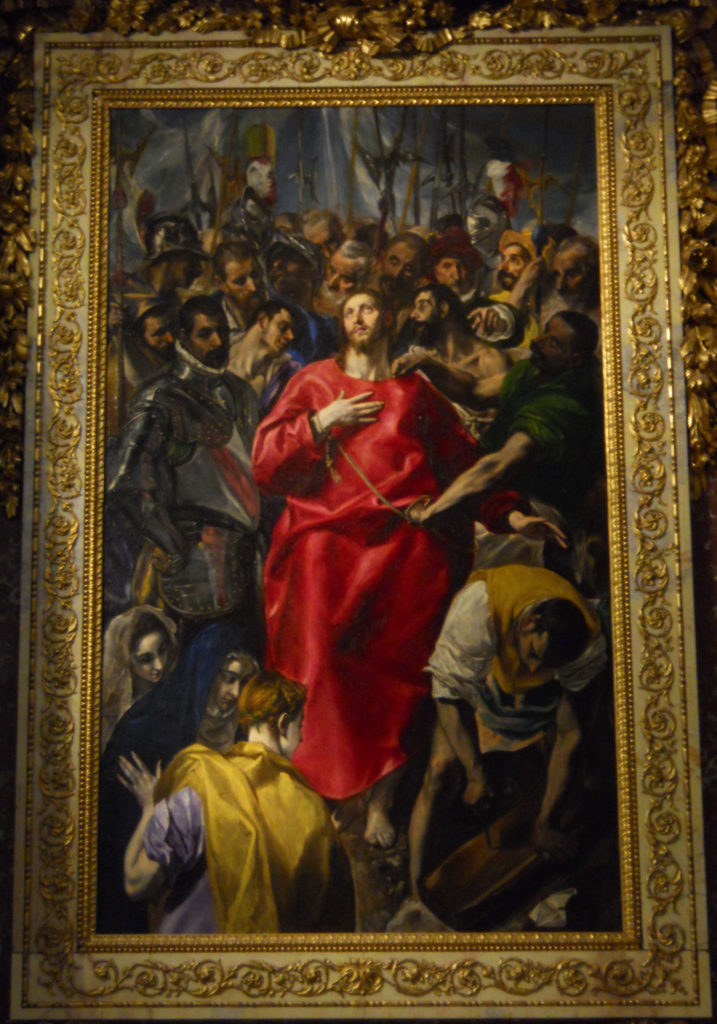Trust
One of the big questions about “faith” is the modern use of the word. It has come to mean, especially in the Non-Darwinian states, “belief”. These Bible Belt Christians will whip you with the Bible and proclaim their own salvation because they believe Jesus is their personal Lord and Savior.
One of my favorite songs is Amazing Grace. It is beautiful and moving, but it also helps spread confusion about theological words.
It begins with “Amazing grace, how sweet the sound, that saved a wretch like me!” Grace saves, but what is Grace. The word come from the French word “mercy.” God is kind and merciful.
The second verse takes it into a slightly different direction. “’Twas grace that taught my heart to fear, and grace my fears relieved; how precious did that grace appear the hour I first believed!” Here we have two new paths to salvation: fear and belief. If you believe, grace will relieve your fear.
This emphasis in belief entered the Christian debate early. At the Council of Nicaea, the Roman Emperor Constantine wanted to use Christianity as a political force. He couldn’t use them if the Christian communities argued about beliefs.
Constantine called Christians together at Nicaea, and the leaders of the “Catholic”, or universal, church agreed on a creed. The English word comes from the first word of the Latin document: “credo”. It began with “I believe in one God…” and then introduced a whole heavenly host of complicated theological concepts.
Accepting the creed was the first step to entry into the Church and path of salvation. If we fast forward to the Twentieth Century, American evangelicals shortened this creed to “I believe Jesus is my personal Lord and Savior.”
The “faith” of the scripture, on the other hand, means “trust.” God told Abraham to leave Ur, and Abraham trusted God that it would turn out better. This life would be materially better not only for him, but his family and his descendants.
Jesus came from this “trust” tradition. He emphasized a radically different part of that tradition. Following in the footsteps of Amos, Jeremiah, and Isiah, Jesus preached that God heard the cry of the poor, the sick and the stranger.
The Jesus of the Gospels emphasized the trust commandments and asked his followers to self-sacrifice. If Christians sacrifice themselves, their lives will be better. This is the mystery of the cross. Feed the Hungry. Cloth the naked. Be kind to the stranger and immigrant. Love your enemy.

Your life might not get better immediately. In fact, you may suffer more in the short run. Christianity is NOT a prosperity message. Trust leads to a better eternal life. There is no way to prove what happens after death. You simply must trust. Love you neighbor.
Comments
You must be logged in to post a comment.